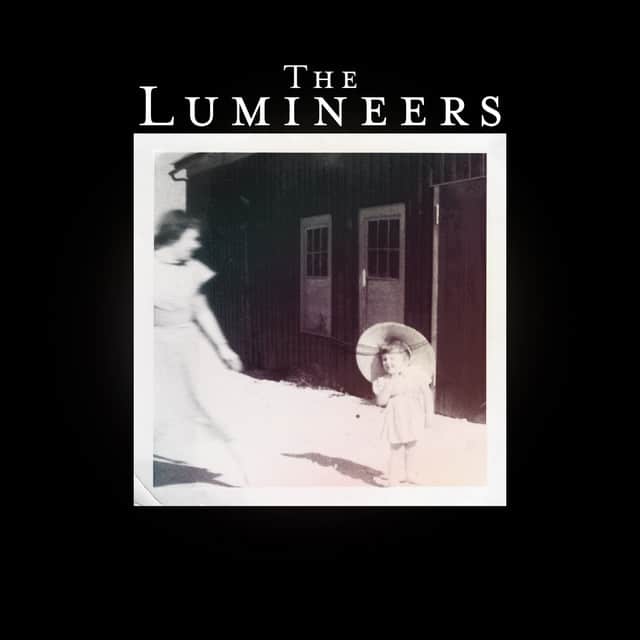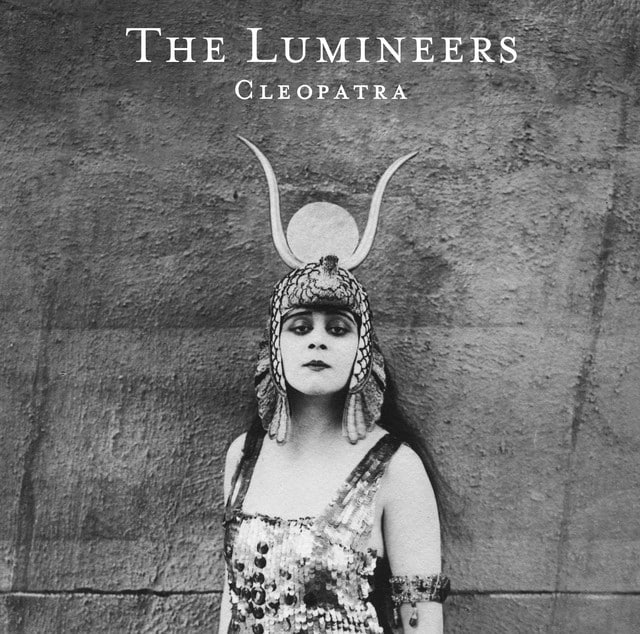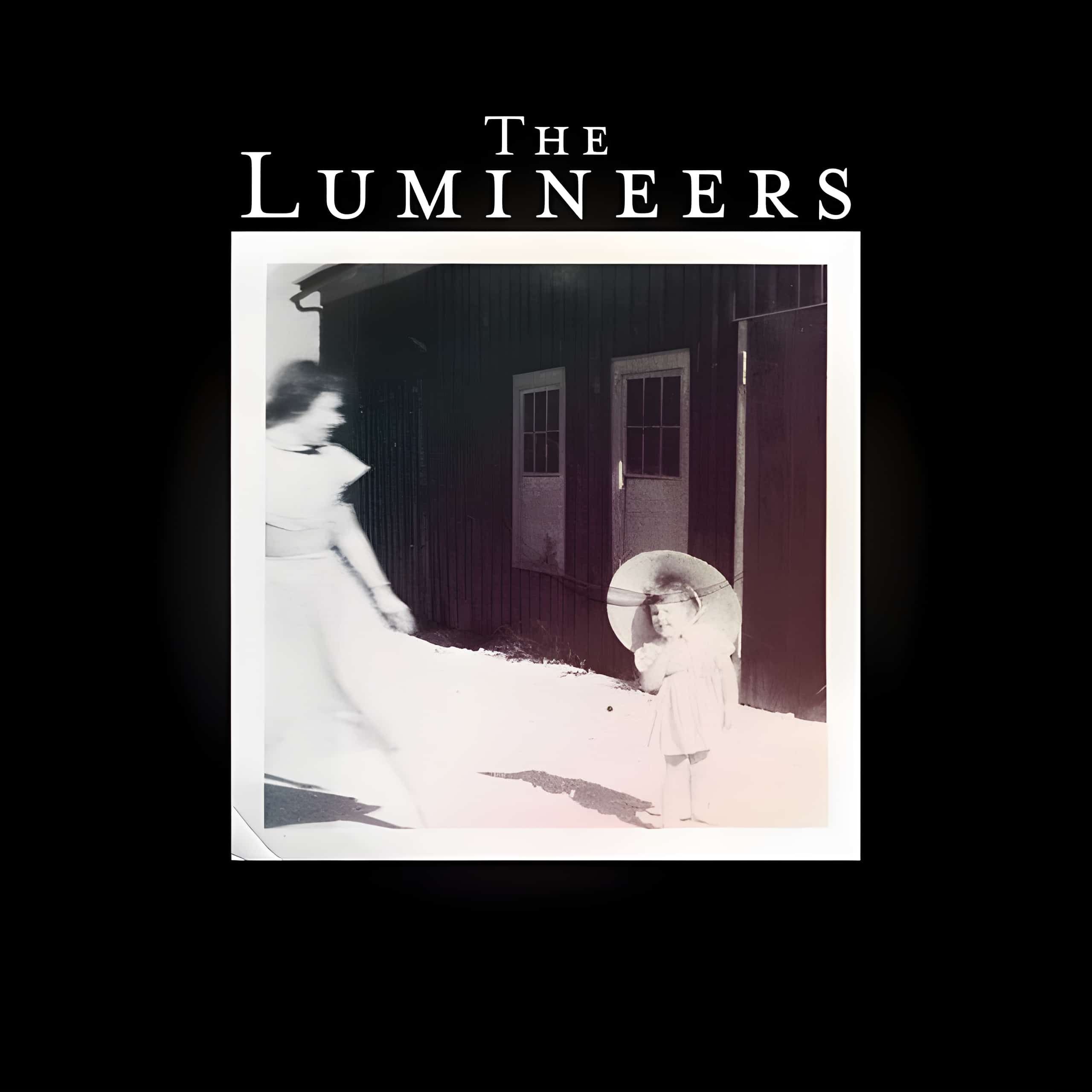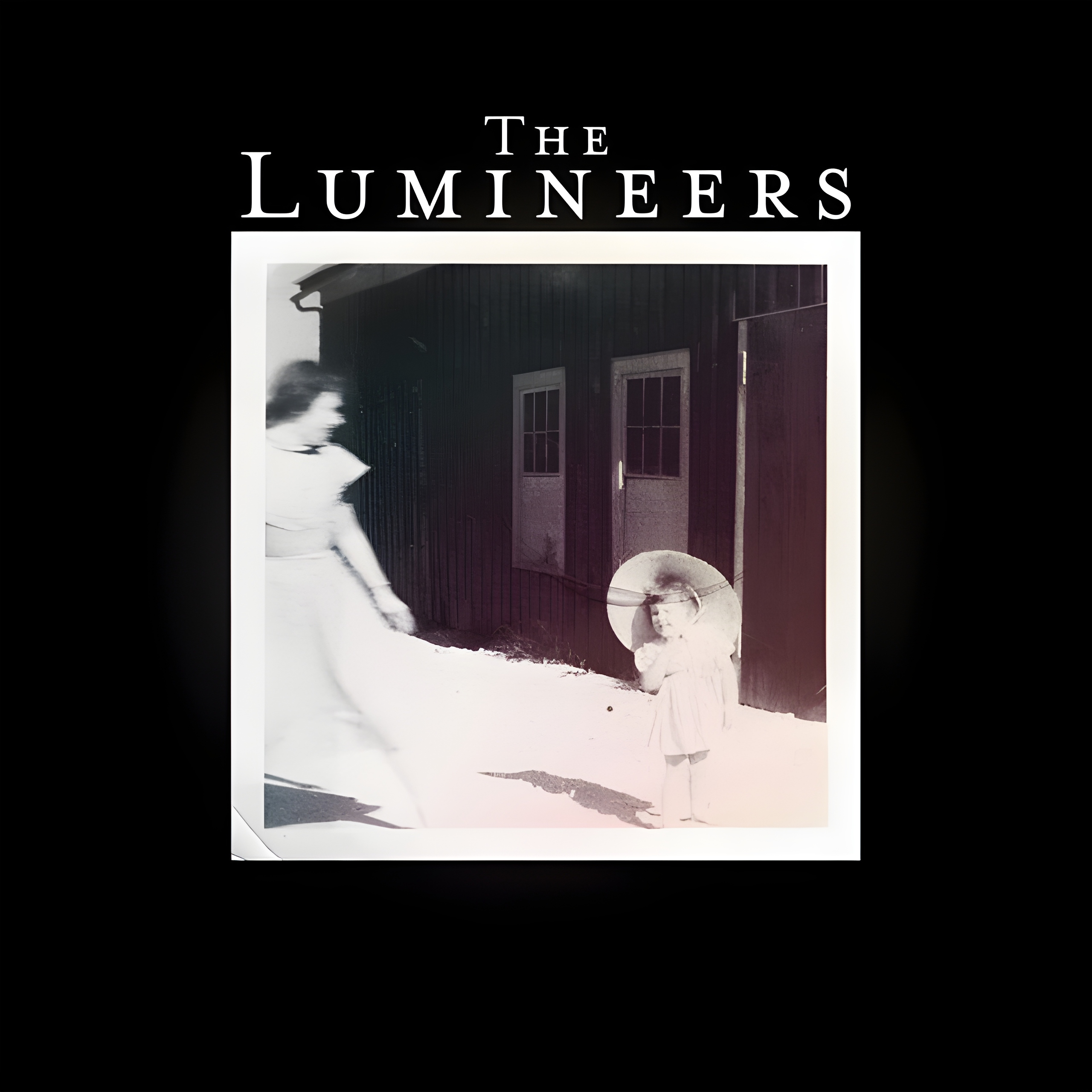Released: 2012
“Stubborn Love” by The Lumineers is a heart-wrenching rock tune that plunges straight into the tumults of twisting emotions and tempestuous love. The lyrics are layered with profound metaphors and raw sentiment, evoking images of enduring heartache yet convincingly compelling us to persevere through the pains of love.
From the top, “she’ll lie and steal and cheat… But I still love her, I don’t really care” sets the stage for a relationship riddled with deceit, yet stubborn love persists. The protagonist’s admission of his blind devotion paints a classic picture of unrequited love, struck by cupid’s complex arrow, where love’s strength triumphs over treachery. It’s a scenario right out of a Dylan-esque landscape, seasoned with the grit of Tom Waits.
When the chorus hits – “When we were young… it can’t be done,” it’s seeped in nostalgia. It recalls a past where they “did enough,” implying a time of love’s bliss before things went south. The phrase “bundled up” subtly suggests protective measures taken during a harsh emotional ‘winter.’ The protagonist is resolute in continuing this flawed relationship, rejecting any contrary advice – a testament to the ‘stubborn’ love.
Arguably the track’s evocative fulcrum, “It’s better to feel pain, than nothing at all / The opposite of love’s indifference” is a pivotal lyrical punch. The line underscores that love, in all its forms, elicits emotion—even if it’s painful, it’s better than the numbing void of indifference. It’s a compelling argument, akin to Sting’s profound exploration of love’s dualities in his erstwhile days with The Police.
“So pay attention now / I’m standing on your porch screaming out / And I won’t leave until you come downstairs” – here’s rock and roll’s rebellious trope. It’s a grand, desperate gesture to reclaim love, reminiscent of Say Anything’s iconic boombox serenade. It’s a plea for communication, a desperate stance against the backdrop of painful silence.
“And I don’t blame ya dear / For running like you did all these years / I would do the same, you best believe” signifies acceptance of mistakes made. The protagonist acknowledges a shared role in love’s downfall, reminiscent of Jackson Browne’s poignant confessions. The highway signs metaphor represents the ignored signs that were always present, echoing Springsteen’s urban allegories.
The recurring “Keep your head up, keep your love” serves as a mantra, guiding the listeners and the protagonist alike, urging to continue in the face of adversity or despair. It echoes a triumphant resolve, illustrating the paradox of love’s resilience in the face of disillusionment, not unlike a Stones’ anthem.
Ultimately, “Stubborn Love” is a testament to the trials and tribulations that come with loving deeply and persistently. It’s an ode to the unwavering, sometimes blind, belief in love and the lengths we’d go to hold onto it, regardless of the pain it may bring. It’s a journey encapsulated in an intense melodic voyage, leaving us equally elated and exhausted. Decidedly rock and roll, don’t you think?








